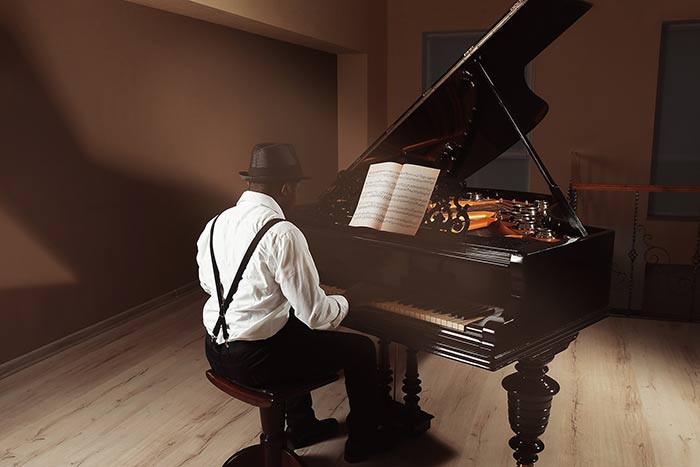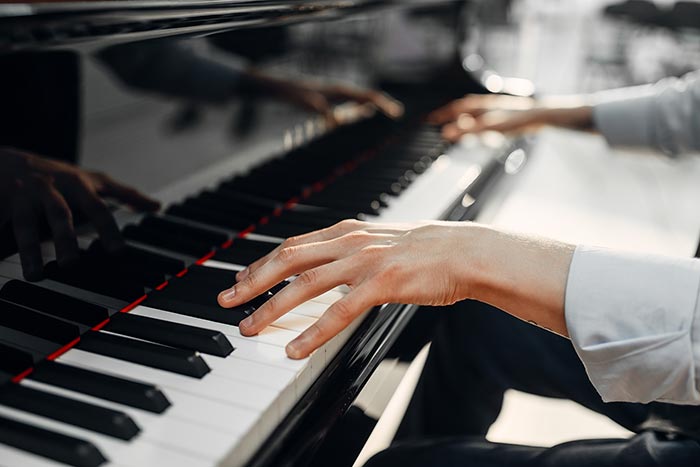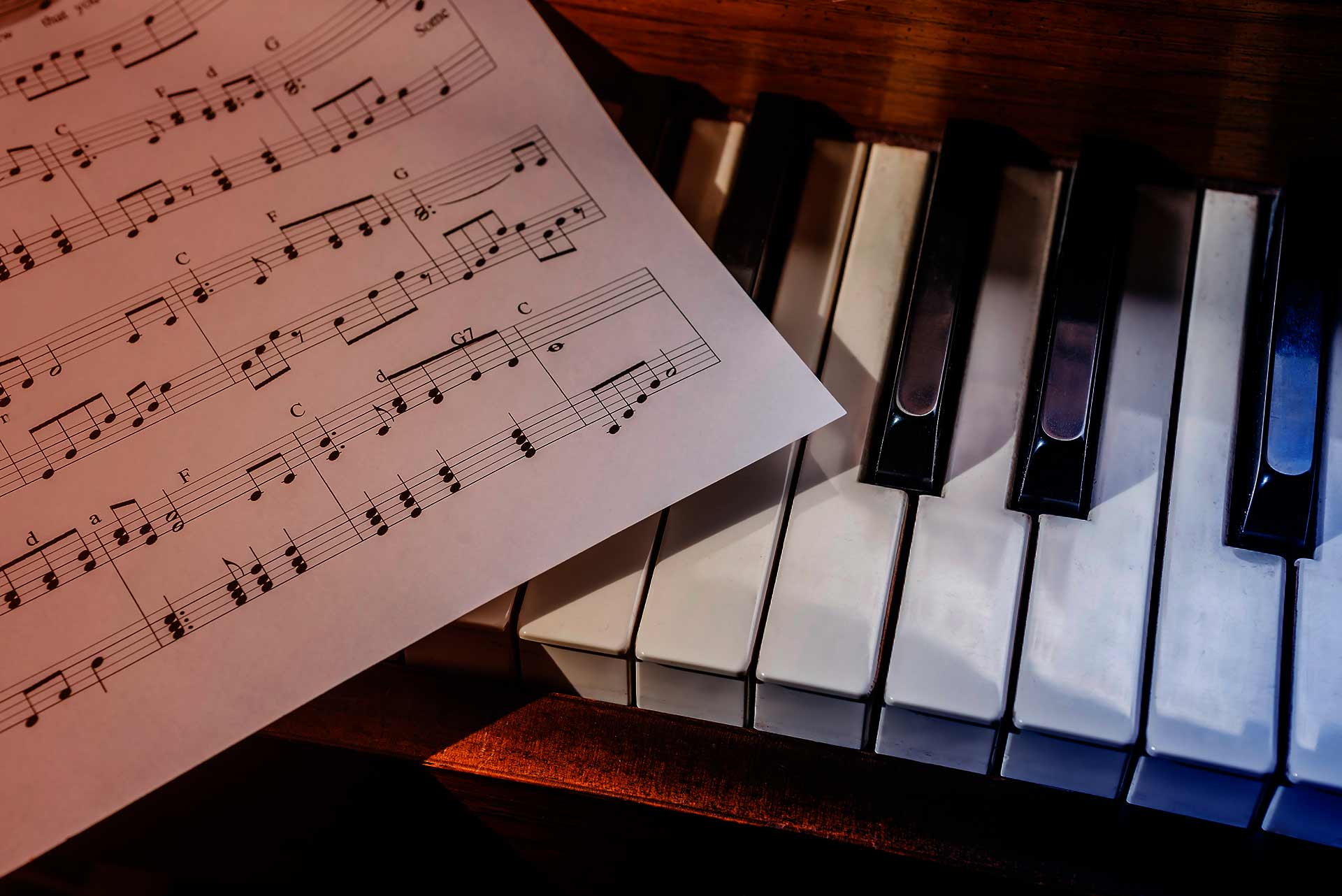A Journey Through the Musical Ages
Laura Bevan2023-01-03T21:17:02+00:00You may notice that when you play the piano different pieces have certain characteristics. This will have something to do with the time period that it was written in. Music has five main eras, Renaissance, Baroque, Classical, Romantic and Modernist; today, we are going to travel in time and discover the beauty of each period. The Renaissance period (1400-1600) was ruled by composers from the likes of William Byrd, Thomas Tallis and Claudio Monteverdi. Interestingly, Byrd and Tallis were the first composers to ever be granted a patent to print and publish music meanwhile Monteverdi was the first opera composer who’s [...]




